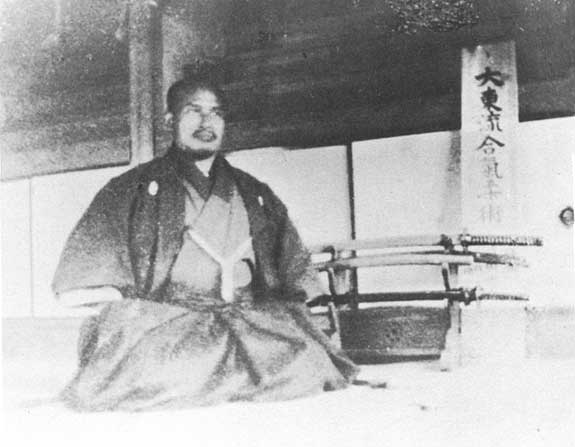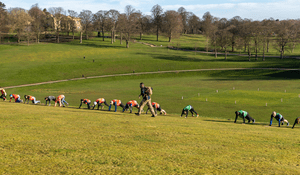Anarax
Master Black Belt
Fantastic question and interesting discussion. There's a spectrum on the degree and the level of spirituality martials arts has, thus I think there are different layers to this dynamic.I mean look at Judo. Who cares what Dr Kano taught about morality and gentleness? Just use Judo to hurt enemies and to defend yourself. At the end of the day, it is a self-defense system and an Olympic Sport designed for violent confrontations and athletic exhibitions.
I spent a good number of years playing Japanese roleplaying games, and a common theme on those games is this concept of a weaponless fist fighting character who is often labeled as a "monk". But look around you. That's not how it works in reality. Yi Long is the only actual Shaolin monk to ever reach a high level in competitive fighting and even then, he fights just like another violent kickboxer.
For me, the way I see it, my personal philosophy in martial arts is that all apes, humans included, must learn healthy ways to express aggression. In an age of conquest, this would have been appropriate through militaristic adventures. But we don't live in that age anymore. Instead, our heroes in this modern age are hollywood actors and athletes, so we make do with what we have. Instead of rallying our own troops for a literal war, we instead channel those ugly emotions through athletic pursuits. Combat is just another sport for me. There should be nothing spiritual about it. It's just another tool, like how Zen Meditation can help boost your mental faculties even if you are actually a Christian.
Please discuss!
I've had many martial arts instructors over the years, all had various types of professions, experiences, backgrounds and education. However, the ones that I got the most valuable lessons from(for on and off the mat) are those that learned more than just how to be violent. I've had instructors that applied very little to what they learned from the martial arts to their lives'. They lacked self-control and discipline off the mat and it led to some serious problems in their lives', some of which they never recovered from. Using your example of professional fighters, look at how many of them, champions and top contenders, destroy their own lives with poor decisions. Would some lessons in spiritual-ish elements like self-control, discipline and focus could've helped them? Most likely. I think it's difficult to completely separate or draw a line on where spirituality, values and mental-peace end/begin.




